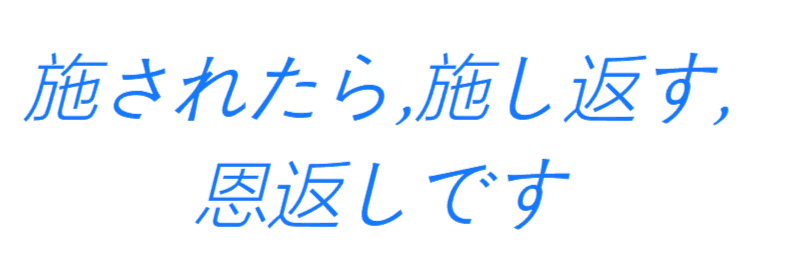Summer Solstice 夏至
- Summer Solstice is the 10th Solar Term of a year. In as early as 7th Century B.C., people employed the earth sundial to calculate the length of the Sun shadows and determined the Summer Solstice as the first Solar Term.
- 夏至是二十四节气中的第十个节气,早在公元前七世纪,人们就用土圭测日影最先确定了夏至这一节气。
- The Summer Solstice is on the 21st or 22nd of June every year when the Sun travels to the Tropic of Cancer, with the longest daytime in the Northern Hemisphere. Zhi indicates extreme: the Sun shines vertically on the extreme of the north in a year. After this day, the direct solar radiation point moves towards the south and the daytime becomes increasingly shorter.
- 每年的 6 月 21 日或 22 日是夏至。此时,太阳直射地面的位置到达北回归线附近,北半球白昼时间达到全年最长。所谓“至”,就是极的意思,指太阳直射地面位置达到一年的最北端。夏至过后,太阳直射位置将会向南移动,白昼时间逐渐变短。
- Summer Solstice implies that the real burning days come with high temperature and sufficient sunshine and rainfall, providing wonderful conditions for crops to develop. At the same time, the pests and weeds are rampant and therefore, hoeing became a priority for farmers during this period.
- 夏至说明炎热的天气已经到来,此时气温高,日照、降水充足,是农作物快速生长的大好时机,同时也是害虫和杂草肆虐的时期,因此锄地成了农民的当务之急。
- In the past, Summer Solstice was deemed to a festival and celebrated with sacrifice activities for the Earth. In the Song Dynasty, officials would have three days off from the Summer Solstice day. There is a folk custom called Dumplings in Winter Solstice and Noodles in Summer Solstice as well as a conventional saying that every day is shorter than the day before after having noodles on Summer Solstice. People from many places in China have noodle dishes on this day, and having noodles made from newly harvest wheat symbolizes a taste of fresh delicacy.
- 夏至是古代节日,有夏至祭地的习俗。在宋朝,自夏至日起,百官放假三天。自古以来,民间就有“冬至饺子夏至面”的习俗,有“吃过夏至面,一天短一线”的说法。夏至吃面在很多地区都非常盛行,夏至食面也有尝新的意思。
Vocabulary
- solstice [ˈsɒlstɪs]: n. 至,至日;至点 | 至日是一种是一种天文现象,每年发生两次(6 月和 12 月),此时太阳相对天球上的天球赤道达到最高点或最低点。
- sundial [ˈsʌndaɪəl]: n. 日晷,日规;羽扇豆(产于美国东部)
- hemisphere [ˈhemɪsfɪə(r)]: n. 半球 | cerebral[səˈriːbrəl] hemisphere 大脑半球
- rampant: adj. (尤指疾病,社会弊端)猖獗的;蔓延的;狂暴的;(植物)疯长的
- hoe [həʊ]: n. 锄头,(长柄)锄 v. 锄,用锄头锄地(或除草)
- deem: v. 认为,视作;相信 deem 一词主要用在较为严正的场合,在平日对话等一般文字中使用 think 会更为自然些
- delicacy [ˈdelɪkəsi]: n. 美味;佳肴;微妙;精密;精美;敏锐,敏感;世故,圆滑 | He carried out his duties with great delicacy and understanding. 他以极其持重练达的作风完成了任务。


